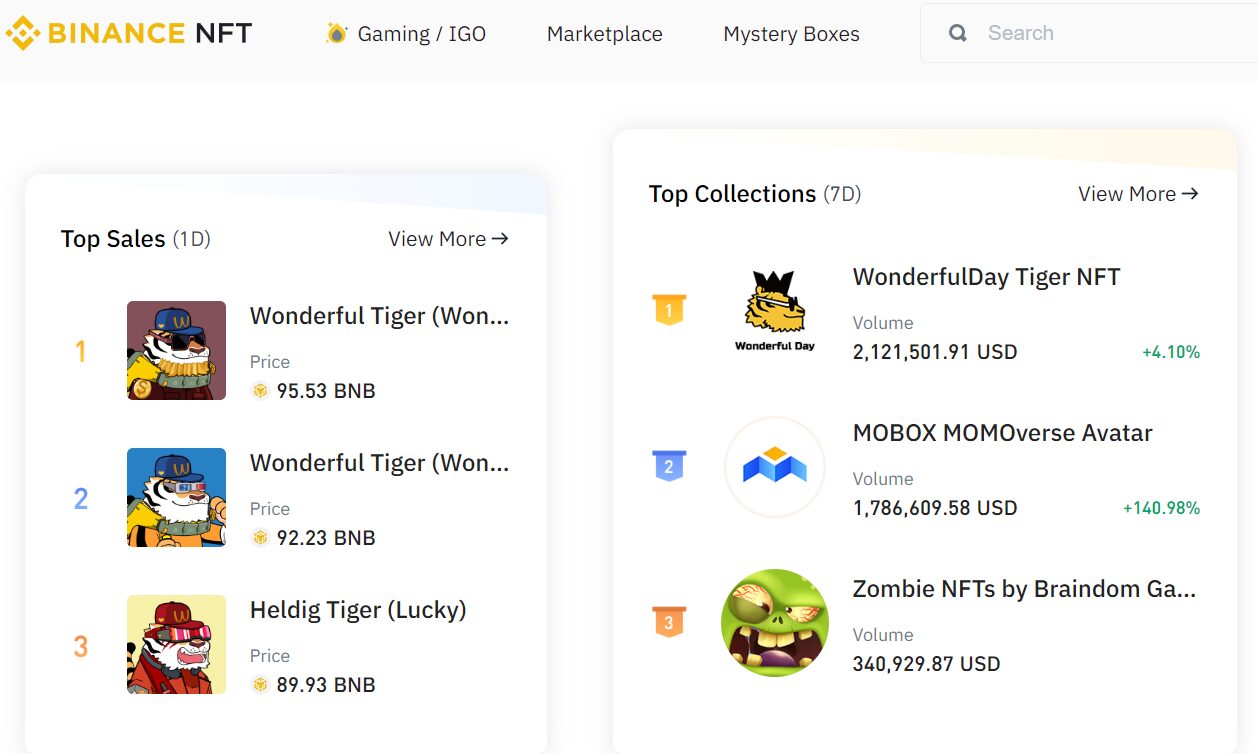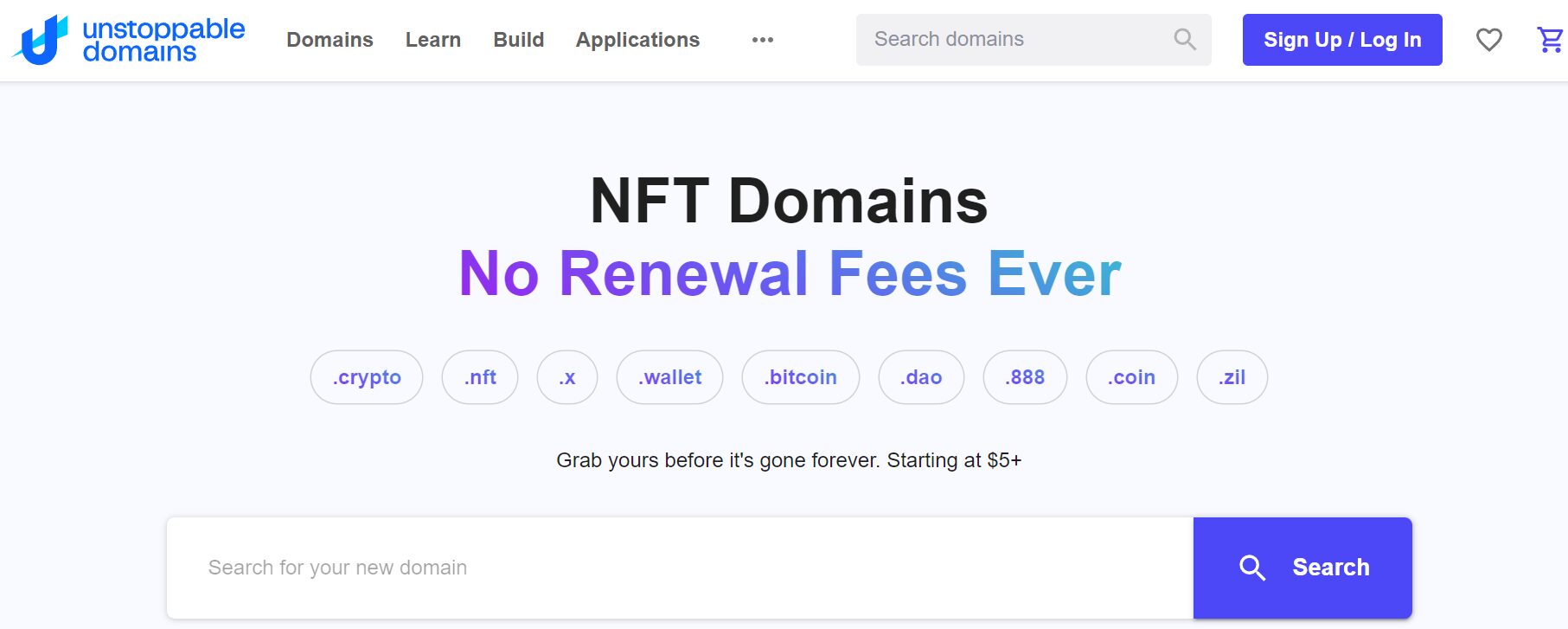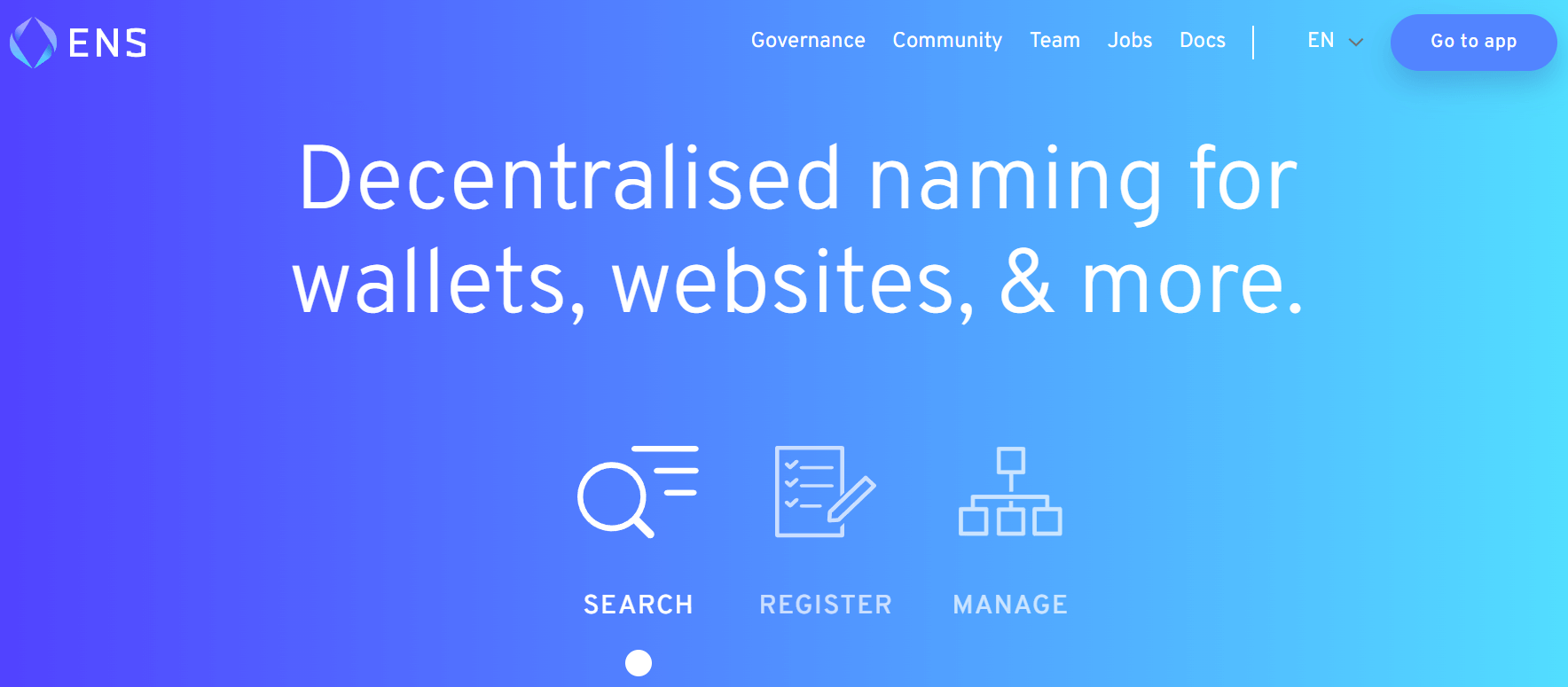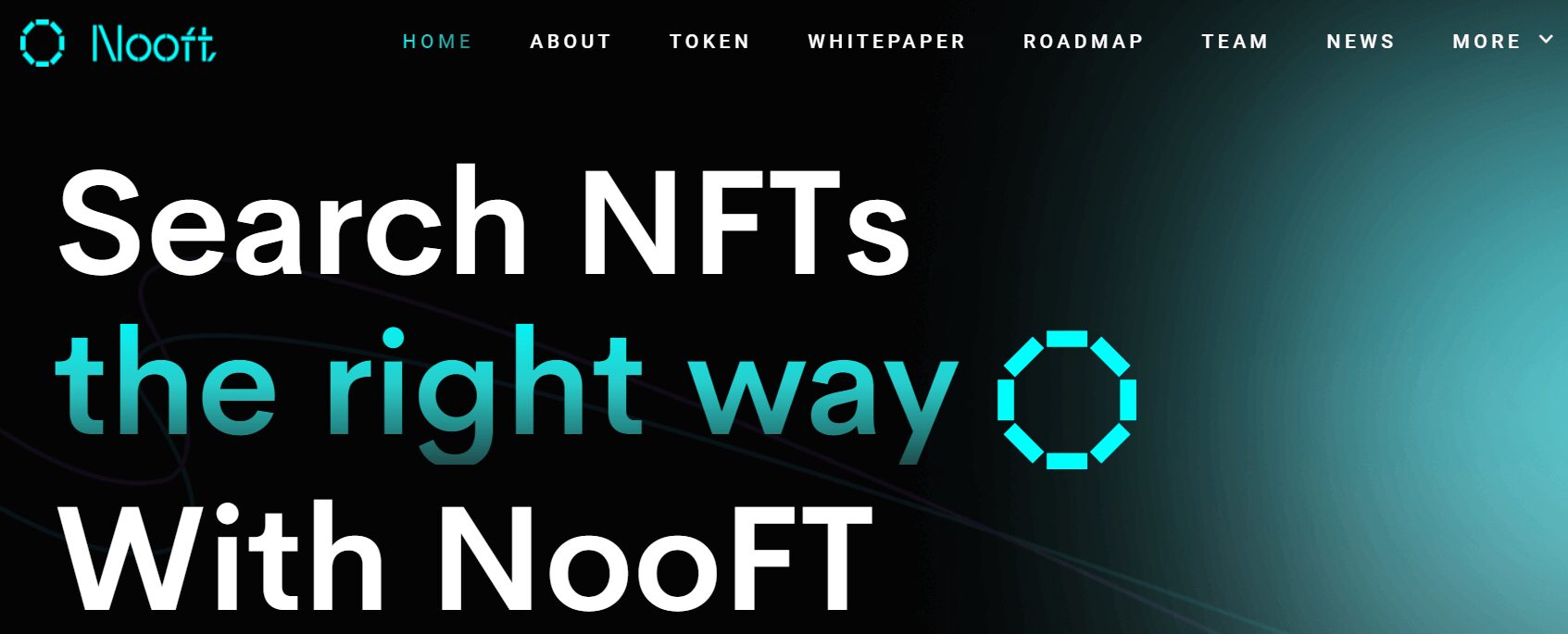Blockchain technology is a hot topic, with Non-Fungible Tokens (NFTs) often at the forefront of the discussion. These digital assets enable people to own online items such as artwork and even domain names. However, these concepts can be confusing to understand. If you’re wondering what NFT domains are and whether they’re indexed by Google, you’ve come to the right place.
This article will discuss NFT domains and how they differ from traditional options. We’ll then explain whether they’re indexed by Google and their potential pitfalls. Let’s get started!
What Are NFT Domains?
“Non-fungible” refers to something unique and irreplaceable. Traditional currency is fungible because you can trade $1 for a different $1, and it will carry the same value. By contrast, a Non-Fungible Token (NFT) doesn’t have an equivalent value.

Some people argue that domain names are inherently non-fungible. That is to say, you can’t trade one domain name for another and expect it to carry the same value. A particular domain has inherent value based on its age, authority, reputation, and even extension.
However, NFT domains are part of a specific domain subset. They are crypto wallet addresses that can also serve as website domains. You purchase a token that belongs to your domain and typically carries one of the following extensions:
- .crypto
- .zil
- .nft
- .x
- .eth
There are many alternative names for NFT domains, but they all refer to the same thing:
- Blockchain domains
- Decentralized domains
- Web3 domains
- Wallet domains
- Crypto domains
You may also hear NFTs mentioned when people talk about handshake domains. These are interrelated but slightly different concepts.
Handshake domains are specific subsets of NFT domains. They use blockchain technology instead of the traditional Domain Name System (DNS), and people can purchase them using cryptocurrency. Makers of these domains focus on “decentralizing the internet” to provide more security, privacy, and ownership in general.
How Are NFT Domains Different from Traditional Domains?
With a traditional domain, you pay a registrar or your hosting provider to rent the name. It technically never belongs to you. However, you’re free to use the domain for your website, provided that you don’t violate the registrar’s terms and conditions.
In contrast, buying an NFT domain means that you own it until you choose to sell it. You retain full rights over the domain and all its associated content. You also typically purchase it using cryptocurrency instead of traditional means.
For this reason, some people purchase NFT domains because they provide better security. You’ll own your domain name rather than working through intermediary parties. Additionally, you can create a censorship-resistant website when you use the InterPlanetary File System (IPFS) with your NFT domain.
Furthermore, an NFT domain uses a different name service. Usually, a DNS will turn an IP address into a URL like www.elegantthemes.com:

Image source: Seobility
With an NFT domain, a company such as Ethereum Name Service (ENS) will convert your crypto wallet address into a readable domain name. Furthermore, you can receive cryptocurrency payments directly to this address.
Where Can You Buy NFT Domains?
There are a limited number of places to buy NFT domains. Since they’re less popular than “normal” domains, you won’t find them listed on your usual domain registrars. They’re also unlikely to be included in your WordPress hosting plan.
Unstoppable Domains sells NFT domains with various extensions, including .crypto, .bitcoin, and .888:

The NFT domains you purchase from Unstoppable Domains are pretty affordable, starting at $5 for lifetime ownership. Unstoppable Domains also provides detailed documentation to help you configure your browser for NFT domains.
ENS Domains is another excellent platform where you can search for, purchase, register, and manage NFT domains:

Alternatively, Namecheap offers a marketplace of handshake domains, including .elite, .creator, and .saas:

Unlike Unstoppable Domains, Namecheap’s domains come with annual subscriptions via traditional currency rather than a flat price using cryptocurrency. However, they maintain blockchain security protocols to protect your website against hackers and other threats.
Are NFT Domains Indexed by Google?
No. Not yet. It doesn’t appear that Google can index NFT domains at this point in time. Furthermore, the Internet Assigned Numbers Authority (IANA) doesn’t currently include these new Top-Level Domains (TLDs) within its database.
This can be concerning from a SEO perspective. If you can’t optimize your content for Google or most other search engines, it will be more challenging for readers to find your content organically.
However, there are some NFT-specific search engines. For instance, NooFT is planning to launch the beta version of its search engine in Q4 of 2022:

NooFT envisions an AI-based platform that combines search, NFT resources, and a complete marketplace. It could be worth keeping an eye on this search engine to see how it evolves after its launch.
The Biggest Problem with NFT Domains
The biggest current issue with NFT domains is that most browsers can’t resolve them unless you apply special settings. Fortunately, some browsers have developed extensions specifically for this purpose.
For example, Google Chrome has Bob Extension and LinkFrame. These programs can automatically resolve NFT domains and enable you to access them without configuring your own DNS server:

An alternative option for Mozilla Firefox users is Resolvr. It can control your browser proxy settings to resolve handshake domains and DNS TXT data records.
Moreover, some registrars natively resolve domain names for specific browsers. For instance, Unstoppable Domains includes support for both the Brave and Opera browsers.
Since NFT domains are still relatively new, browsers may evolve to accommodate them in the future. Therefore, we recommend staying up-to-date with browser news and releases if you opt for one of these domains.
However, you should keep in mind that the vast majority of users who visit your sites will not have these protocols enabled. They won’t be using Brave or Opera, nor will they have Resolvr, Bob, or LinkFrame installed in their browsers. Some will. But at this point, an NFT domain isn’t going to be your best bet for immediate traffic.
Conclusion
So…you’re interested in purchasing a Non-Fungible Token (NFT) domain and wondering whether or not NFT domains are indexed by Google. The answer is no. Or maybe more accurately, not yet. Although Google, other search engines, and many web browsers themselves don’t offer in-built support for NFT domains, there are still some advantages to purchasing one. When you buy an NFT domain, you own it outright. Instead of renting the domain from a registrar or hosting provider, you’re free to sell or keep it. Furthermore, your NFT domain doubles as a crypto wallet address, enabling you to receive payments through the address, which could be a huge leap in the future of ecommerce.
Do you have any questions about NFT domains? Let us know in the comments section below!
Featured image via Macrovector / shutterstock.com
The post What are NFT Domains? (& Are They Indexed by Google?) appeared first on Elegant Themes Blog.
